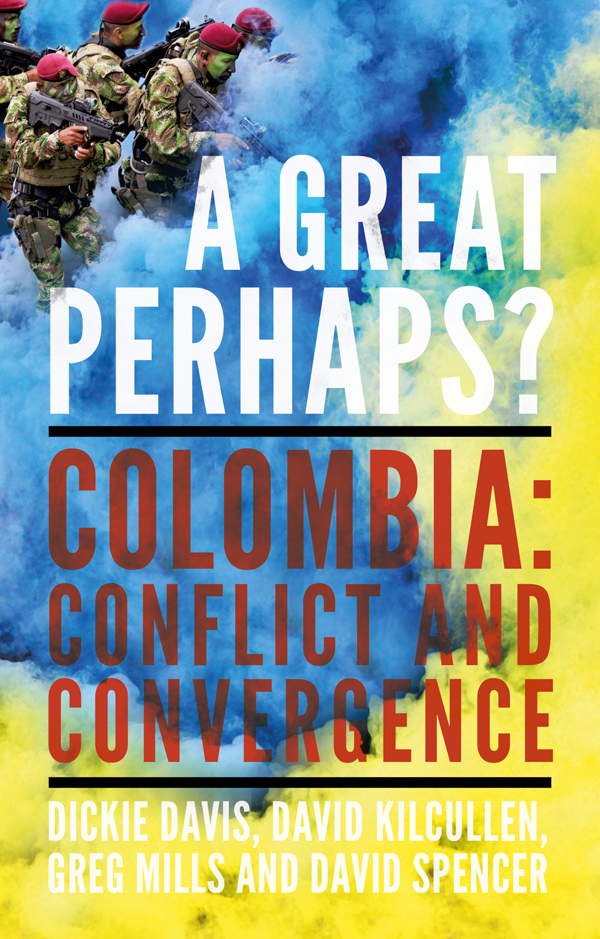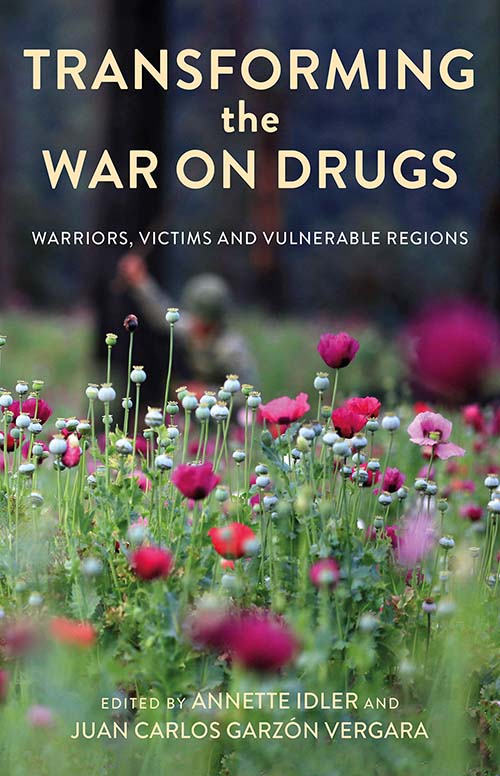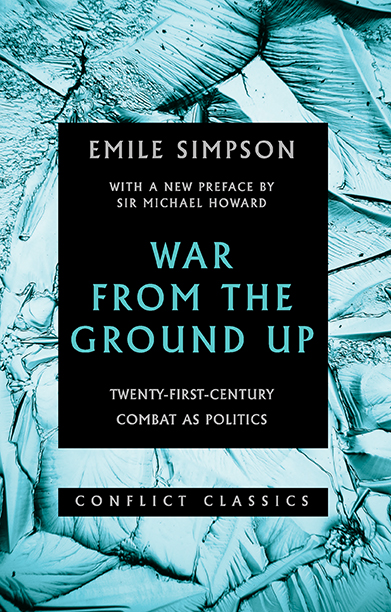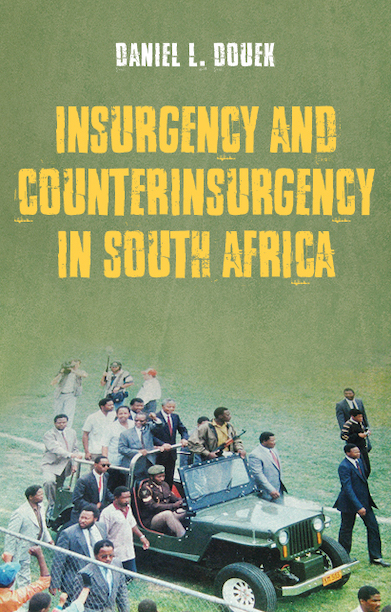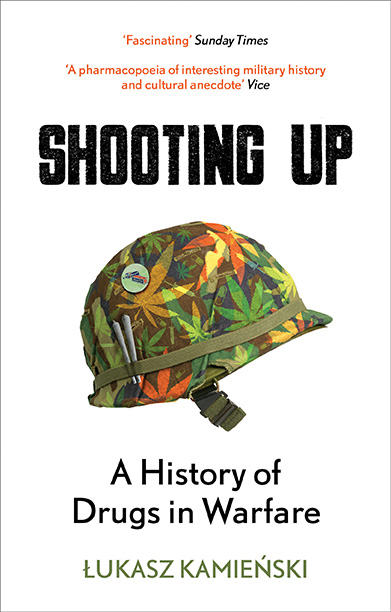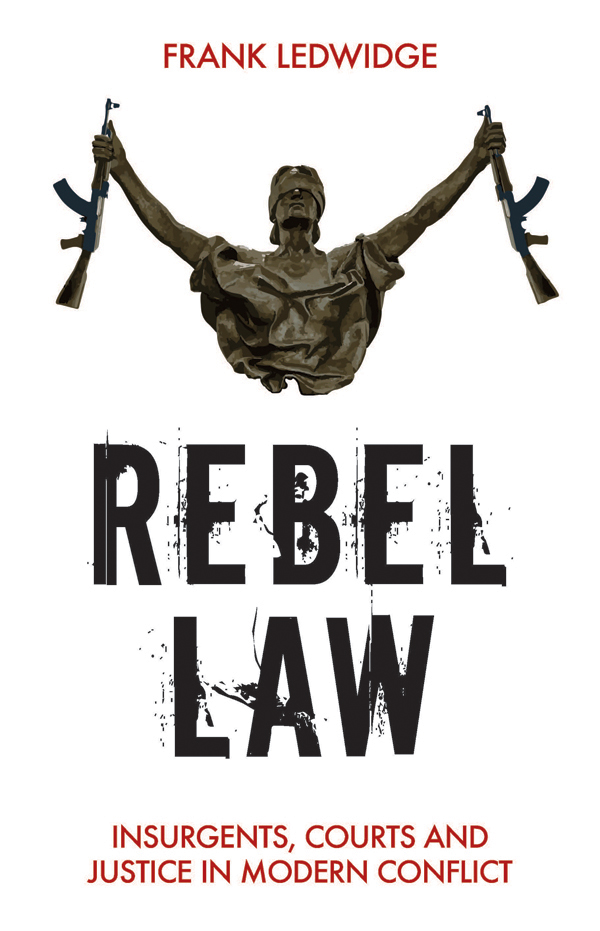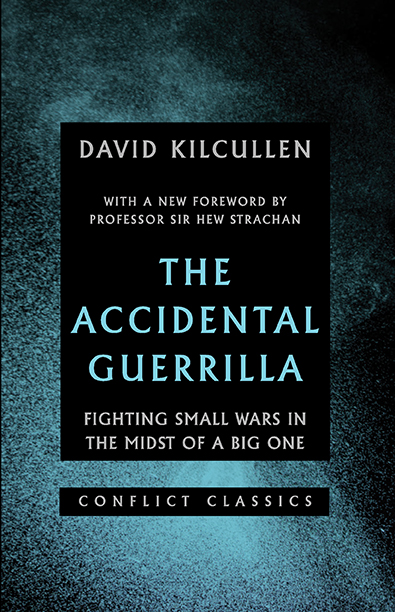Description
No country has managed as rapid and positive a turnaround in governance and security conditions this century as Colombia. In 1999, FARC and ELN rebels were literally at the gates of Bogotá, and Colombia was a country synonymous with the antics of Pablo Escobar, known primarily for rapacious corruption, weak government, drug smuggling and criminality. Fifteen years later the guerrillas, seriously weakened, have been persuaded to attend peace talks in Havana, and the Colombian economy had been a top performer in Latin America.
To date, however, there has been no comprehensive examination of the different elements employed by the government to combat the guerrillas, win local and international political and military support, extend government authority to the 75 per cent of the countryside where it was seldom felt, and turn the Colombian economy around. How the Colombians did all of this is the subject of this book by four international specialists with untrammelled policy and practical expertise in counterinsurgency campaigns in Colombia and elsewhere, bringing a unique comparative perspective.
Based on field-work in Colombia’s regions, the study provides a history of the conflict, compares it to other historical and contemporary case-studies, examines the war from the perspectives of the government and the guerrillas, delves into the development of special Colombian capabilities (notably in intelligence and the use of airpower and special forces), and explains the economic dimension in terms both of historical exclusion and ongoing attempts at growth and inclusion. Finally, it concludes with an assessment of the country’s prospects: can the combination of improved security, a flourishing economy and the peace process offer an opportunity to finally translate Colombia from, in Gabriel Garcia Marquez’s words, ‘a great perhaps’ into something more permanent?
Table of contents
Foreword, by Olusegun Obasanjo
Preface, by Juan Carlos Pinzón
Introduction: Colombia’s Transition
Chapter 1: A Long War
Chapter 2: Building the Tools for Military Success
Chapter 3: Guerrilla and Counter-Guerrilla Warfare in Colombia
Chapter 4: The Door through Which Much Follows? Security and Colombia’s Economic Transformation
Chapter 5: FARC’s Transformation: The Combination [AC1] of All Forms of Struggle
Chapter 6: Colombia in Comparative Context
Conclusion: Prospects for Peace, and Wider Implications
Reviews
‘This book not only explains the steps the Colombian government has taken in its search for peace and prosperity, but highlights the areas where international co-operation can extend this model and its success. … I recommend it to all engaged in what I see as the responsibility of my generation: ending conflict, ensuring stability and promoting development.’ — Olusegun Obasanjo, former president of the Federal Republic of Nigeria
‘A Great Perhaps? explains the drivers behind the success of Colombia’s recent transformation: better governance and improved security. By illustrating the importance of local ownership of both the problem and the solution, and the role to be played by foreign partners, this volume is a handbook for those countries intent on dealing with problems of insecurity and violence.’ — General Richard Myers (rtd), former chairman of the US Joint Chiefs of Staff
‘Colombia’s dramatic improvement reminds one of the time, commitment and understanding required to fight insurgencies successfully — all things so many failed to understand properly in the case of Iraq and Afghanistan. A Great Perhaps? highlights how such a turnaround has been achieved. It represents a serious contribution to the study of complex insurgencies and deserves to be widely read.’ — Lord David Richards of Herstmonceux, former UK Chief of Defence Staff
‘Colombia is a valuable analogue for those African and other countries engaged in the struggle to extend governance while meeting the often linked threats of criminality and political insurgency. A Great Perhaps? makes a unique contribution to explaining this hitherto relatively unknown campaign. It should be read widely, not least since it shows what is possible with dollops of leadership, application, vision, organisation and energy.’ — President Uhuru Kenyatta, Kenya
‘As we tackle development challenges in Africa there is much to learn from the experience of other regions. In explaining Colombia’s progress this century, A Great Perhaps? details a route for many others. We don’t have to reinvent the policy wheel; we should read this book.’ — Donald Kaberuka, President: African Development Bank
‘To understand how centuries-old grievances can burst into violence, and the ways to resolve violent conflict while preserving the ethical foundation of democracy, I encourage everyone interested in guerrilla warfare in the modern world to read and savour this book, and to ponder its implications.’ — Ambassador Juan-Carlos Pinzon, former Minister of Defence, Colombia
‘Combining organised crime, the drugs industry, and an ideologically driven insurgency, Colombia provides an important window into the future of armed conflict. This volume provides a fascinating account of this war and explains how the government have brought the guerrillas to peace talks. An essential read.’ — Professor Theo Farrell, Head of the Department of War Studies: King’s College London
‘Fifteen years ago, revolutionary guerrillas threatened at the gates of Bogota. Today they are at the peace table. A Great Perhaps? explains the path of war and the route to peace. It should be read by all those interested in understanding and undoing complex insurgencies.’ — General Ved Malik (rtd), former Chief of Army Staff, India
‘This timely book clearly explains how with the right resources and strategies, a country can turn its security problems around. As set out in this insightful study, Colombia’s experience provides useful lessons for those nations faced with insurgencies: a country that in the late 1990s was on the verge of a failed state was able to change for the better.’ — Dr Anthony Bergin, Deputy Director: Australian Strategic Policy Institute
‘From my own experience, Colombia’s simultaneous transitions from war to peace and poverty to prosperity contain many good lessons for others. One especially important conclusion is that if Africa wants to successfully fight terrorism, it needs strong states and a shared commitment among national institutions to do so. A Great Perhaps? captures perfectly the strategic lessons and tactical insights of this unsung though exceptionally noteworthy campaign.’ — Pierre Buyoya, former president of Burundi; African Union special envoy to Mali
‘Like Kenya, Colombia has faced a complex insurgency, fuelled by a combination of criminality, weak governance, social and economic exclusion, and porous borders. Colombia has managed these threats through strong leadership, international partnerships, buoyant economic growth, sound intelligence, and effective security forces. But more than anything, A Great Perhaps? shows, refreshingly, that the difference between success and failure is down to local leadership. In this regard, for Kenya, the devolution of power and resources is key.’ — Raila Odinga, leader of the opposition and former prime minister, Kenya
‘Colombia shows, among many valuable lessons, how to have a good crisis. Africans, and others, should learn from this stand-out book in applying leadership and better policy to solve fundamental problems.’ — Branko Brkic, Editor, The Daily Maverick
Author(s)

Greg Mills, Director of the Brenthurst Foundation, has advised African governments, and served in Afghanistan with COMISAF. His books with Hurst include Why States Recover.

David Kilcullen is an author, an expert on unconventional and guerrilla warfare, and a former soldier and diplomat. He was a senior counterinsurgency adviser during the Iraq and Afghanistan wars. His previous books with Hurst include The Accidental Guerrilla; Blood Year; and Out of the Mountains.
Dickie Davis is an Associate of the Johannesburg-based Brenthurst Foundation and a retired Major General in the British Army. He served three tours each in the Balkans and Afghanistan.
David Spencer is Professor of Counterterrorism/
